Technology Merits Reuse
Used laboratory equipment has value - economically, environmentally and socially. It is an opportunity to contribute to the greater good of the scientific community!
Please consider extending the life of your laboratory equipment by selling or donating it, rather than discarding it. Whenever your research requires you to replace old equipment with new - there may be other labs which can use that equipment. Along the same lines, please consider used laboratory equipment if you are setting up a new lab space. There are charities and a marketplace that exist to support reuse.
Explore these used equipment options
1. Seeding Labs: You can change the world by donating lab equipment, instruments, and supplies to Seeding Labs' Instrumental Access program. We'll make sure your donations get into the hands of scientists in developing countries around the globe!
2. Donate Lab Equipment.org: is a non-profit organization founded by cancer survivors and their families. Our Lab Equipment Donation services aim to enable Greater Boston, Ma businesses to feel good about recycling, disposing or donating their used lab equipment. Request a free pick up!
3. LabX.com: Laboratory equipment and supply auctions and classified ads. Find new, used, and surplus lab equipment plus medical, test equipment, process, pharmaceutical supplies.
4. Biosurplus.com: Buy, sell, auction or re-purpose used laboratory equipment.
Be inspired by George Washington Carver
What value would George Washington Carver found in today's laboratory equipment?
Strengthen your resolve to make sure your equipment is reused rather than discarded with inspiration from George Washington Carver, an American botanist and early environmentalist. The quote below is from the book George Washington Carver, Scientist and Symbol by Linda O. McMurry. Here was a determined scientist, pursuing his vision in the early industrial age! His tenacity led to his internationally renown achievements in agricultural research. On his grave it is written, "He could have added fortune to fame, but caring for neither, he found happiness and honor in being helpful to the world". You can learn more about the life of George Washington Carver at the web site for his National Parks monument.
I went to the trash pile at Tuskegee Institute and started my laboratory with bottles, old fruit jars and any other thing I found I could use. ... [The early efforts were] worked out almost wholly on top of my flat topped writing desk and with teacups, glasses, bottles and reagents I made myself.
— George Washington Carver, American botanist and early environmentalist


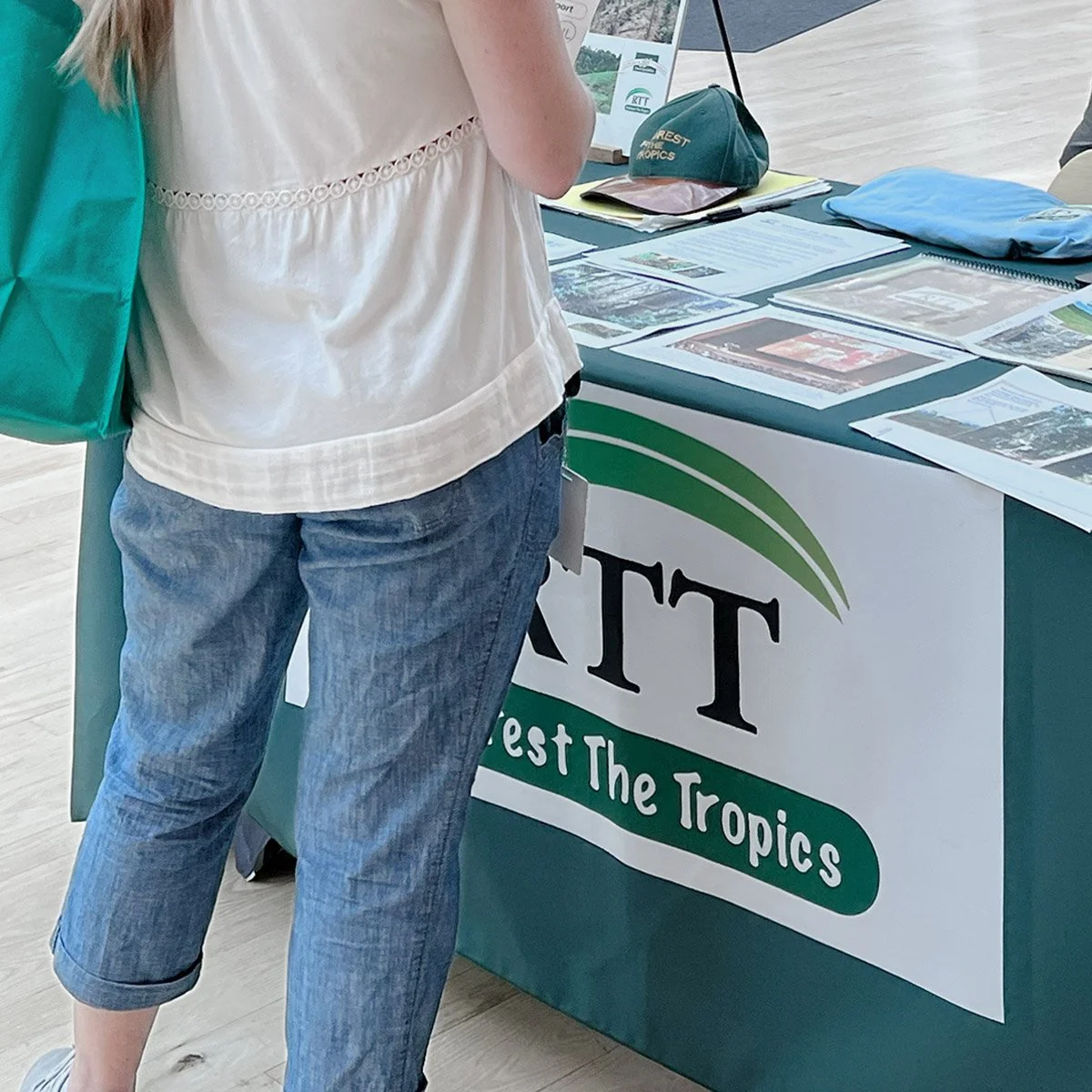
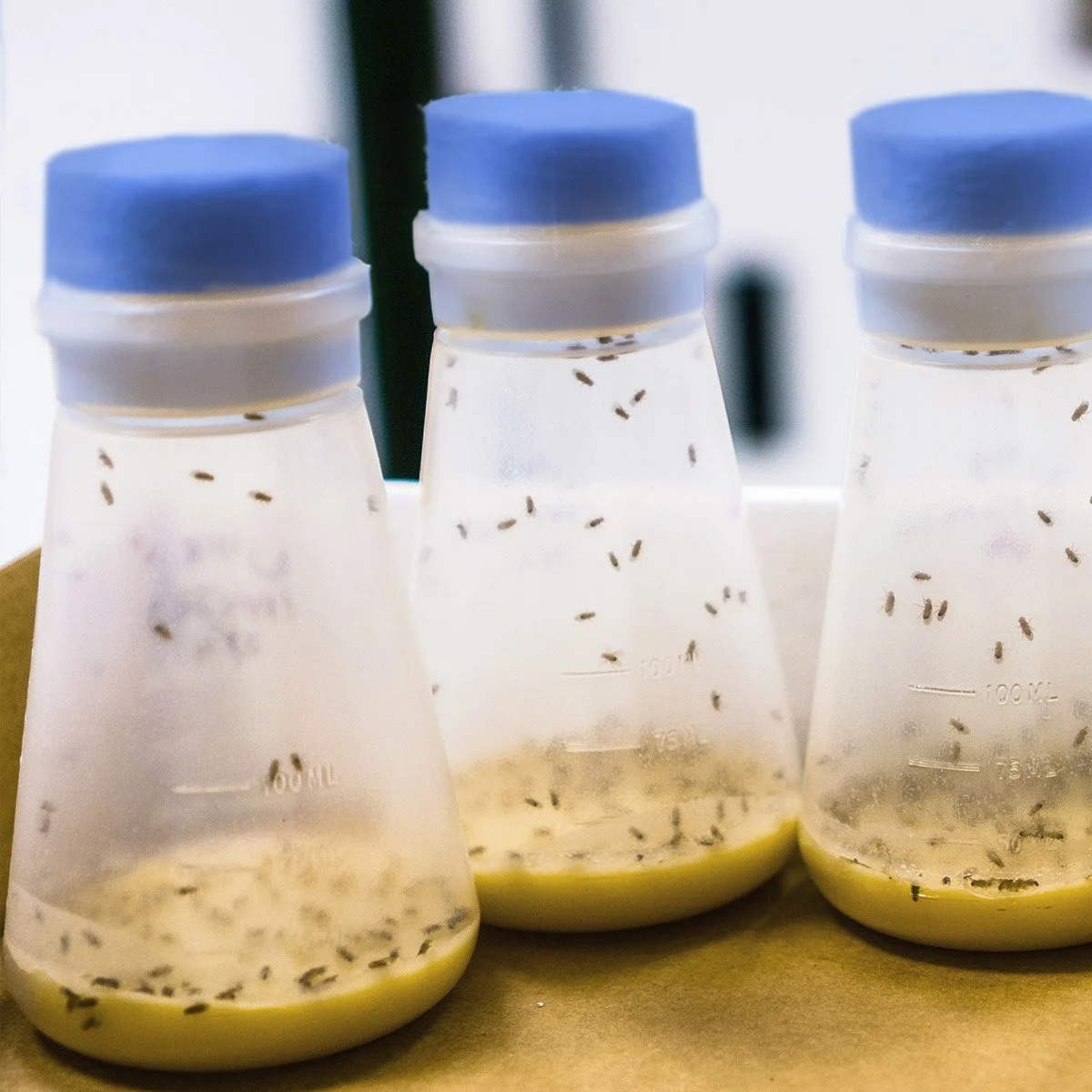
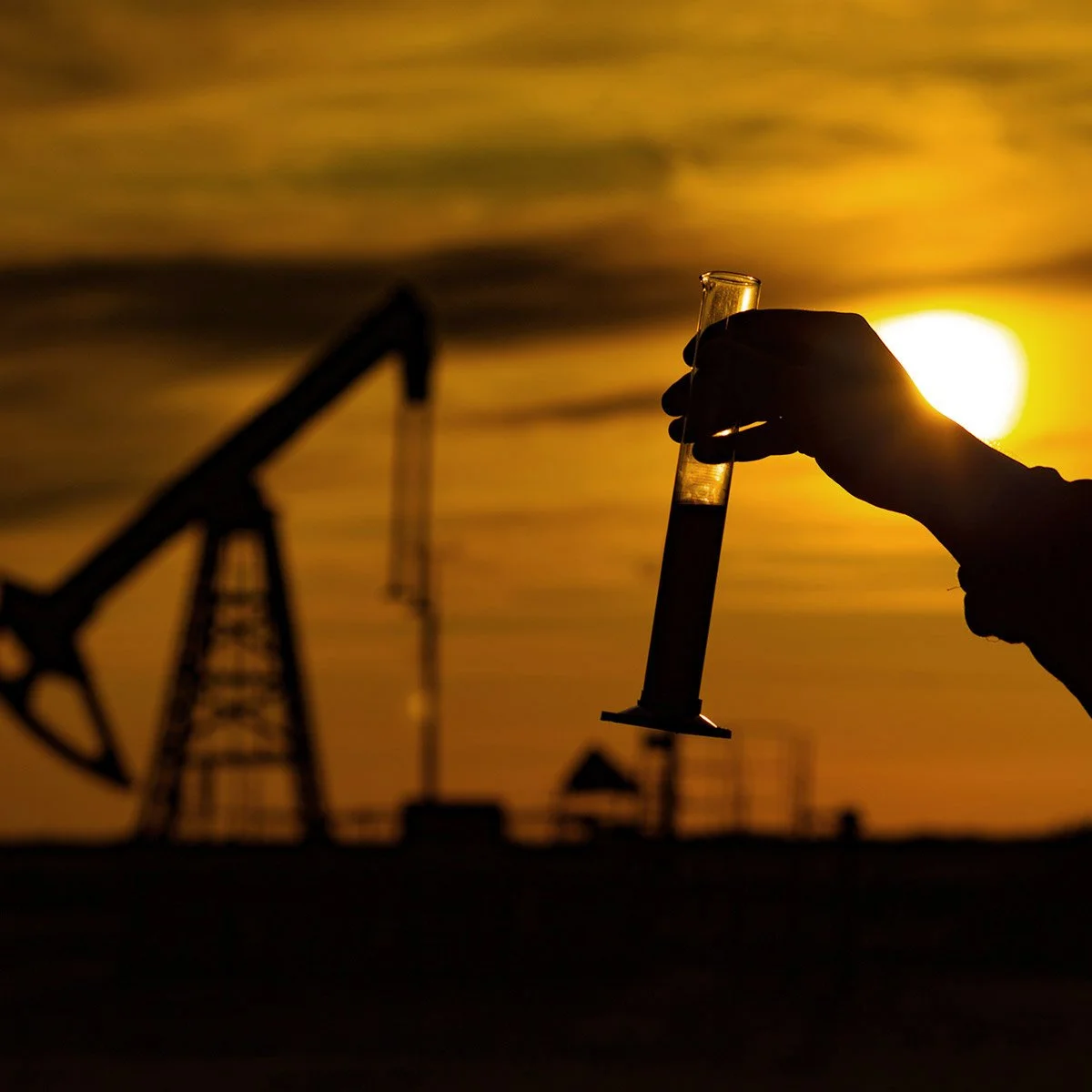

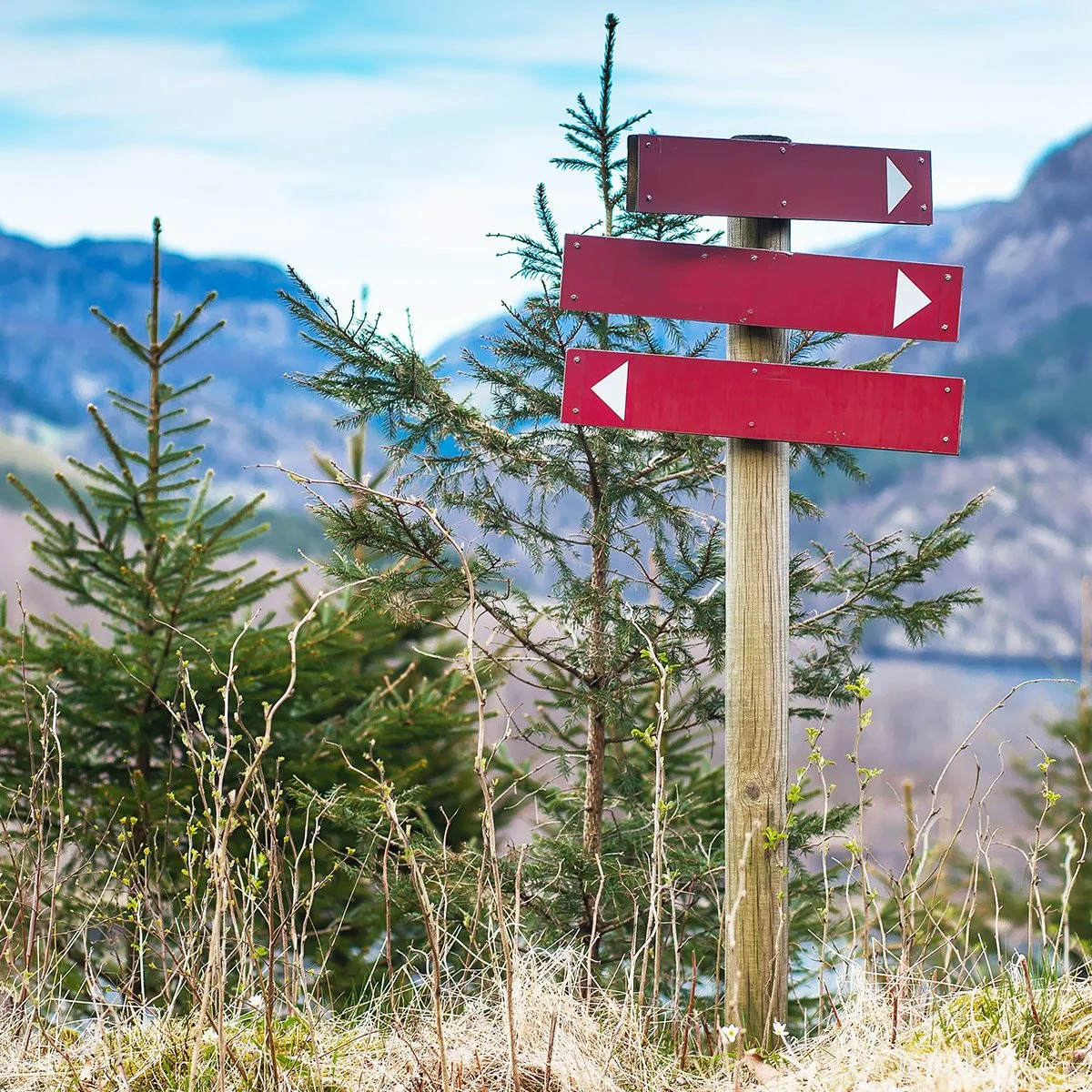
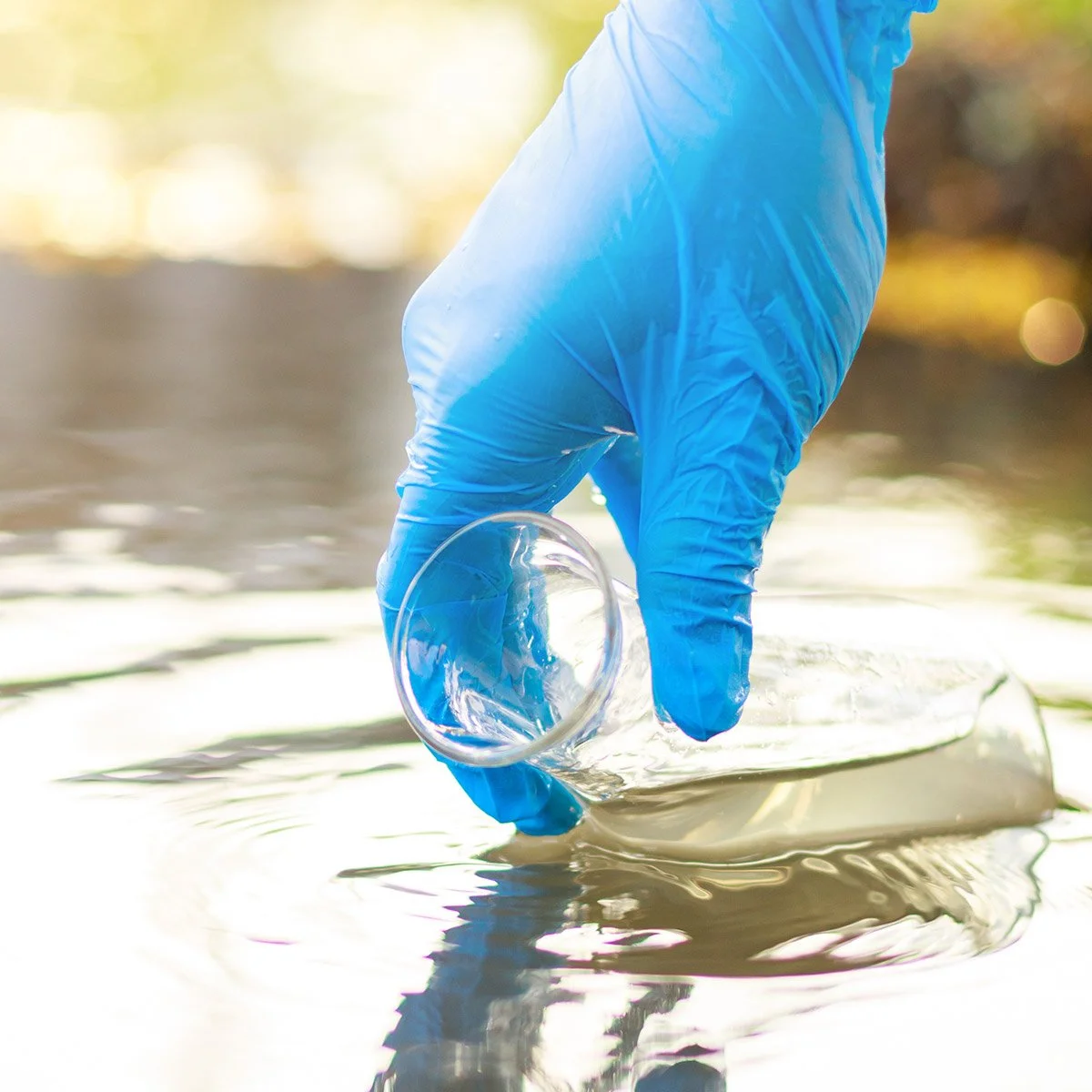
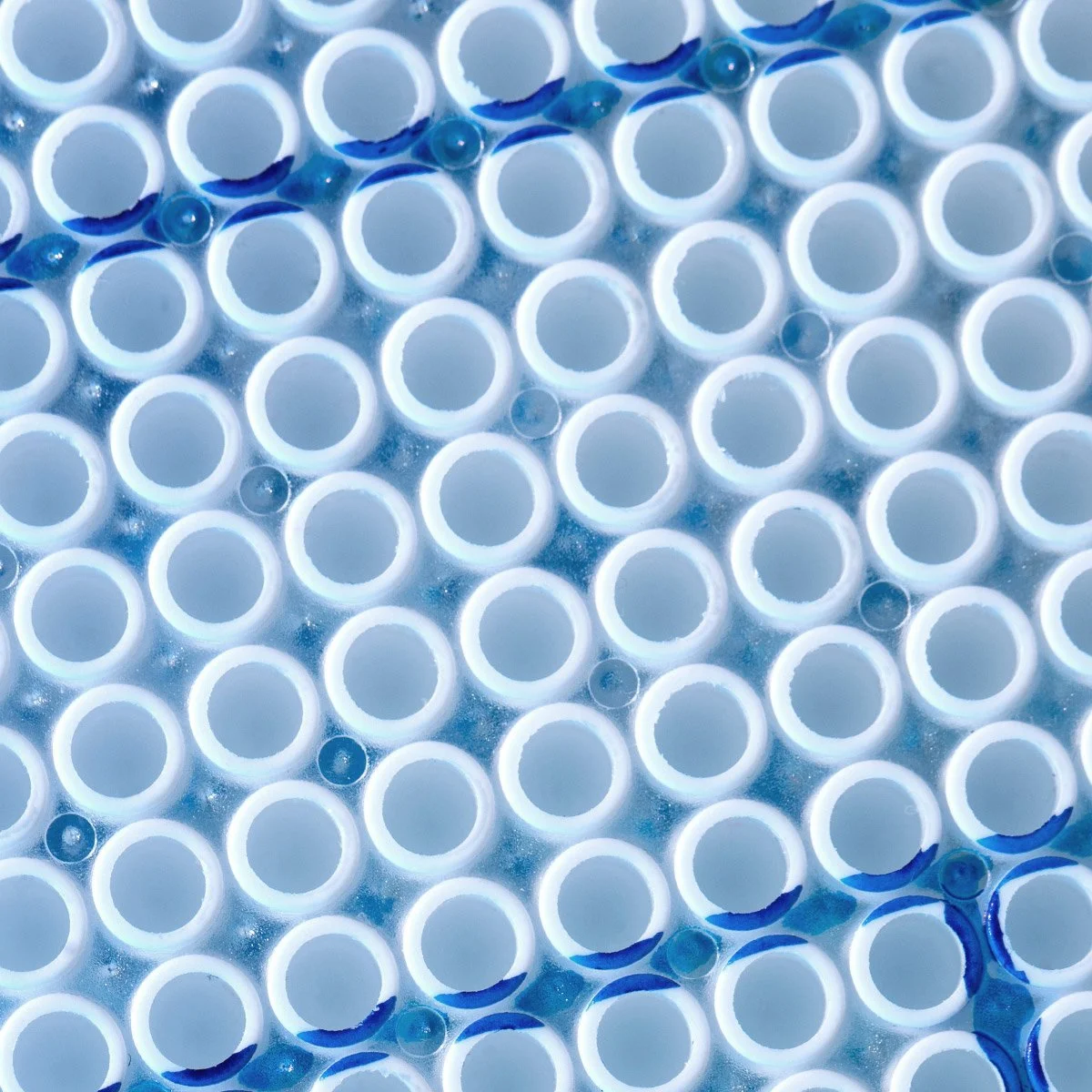


Even though it’s not possible to predict where the science will lead, we can promise that life science discoveries will serve humankind well into the future. Circularization strategies economize science and responsibly limit our impact on nature. This green lab tip highlights a few resources for free lab materials and equipment. Let’s keep life science research and education going strong!